Overview
The Department has a long-standing Research Track training for psychiatry residents, which was the first psychiatry residency training program to be funded by an NIMH R25. The current program connects with an optional post-residency, intensive research fellowship for 2 years, funded by either an NIAAA T32 (for residents interested in addiction research) or a (pending) NIMH T32 (for residents interested in psychopathology).
Residents apply to the program in their first or second year of residency, after identifying a mentoring team and research project, and they initiate their research project during 12 months of elective time, which can be taken as 6 months in PGY-III year and 6 months in the PGY-IV year, or all in the PGY-IV year, or some other combination that best suits the needs of the fellow. The post-residency, an optional fellowship phase, introduces various training modules, and clinical activity (as a faculty lecturer) linked to the fellow’s research project, usually around 10-20%. The fellowship training is designed to lead to K-award applications. Through the Research Track training, the resident will be launched on a career path into academic psychiatry.
The Department has a distinguished history in training psychiatric researchers. Since initiation of the Research Track training in the late 1980s, the program has enrolled a total of 34 trainees (44% women, 12% Black/Hispanic), and 28 completed (46% women, 14% Black/Hispanic). Of the completers, 89% currently occupy academic positions, and 61% have academic ranks of full or associate professor, including 9 department chairs or associate/vice-chairs.
Mentors
Research Track residents select a seasoned research mentor. The mentor has primary responsibility for guiding them through the training process, in addition to annual reviews of their work and research plans by the Research Track Executive Committee. Research projects may be basic or clinical, and involve any aspect of psychiatry. Research Track residents may work with anyone with an ongoing, active research program on the faculty of the Department of Psychiatry or the Michigan Neuroscience Institute (MNI) at the University of Michigan. Under special circumstances, a resident may work with a mentor who is outside the Department of Psychiatry and MNI.

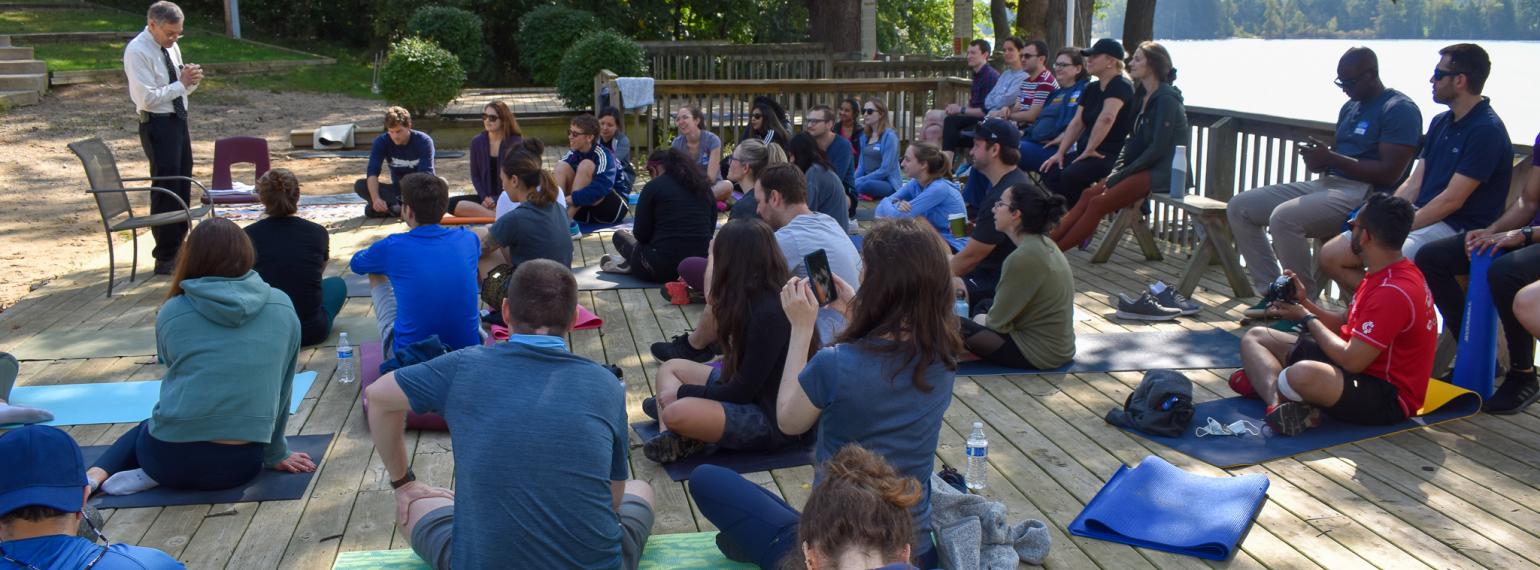

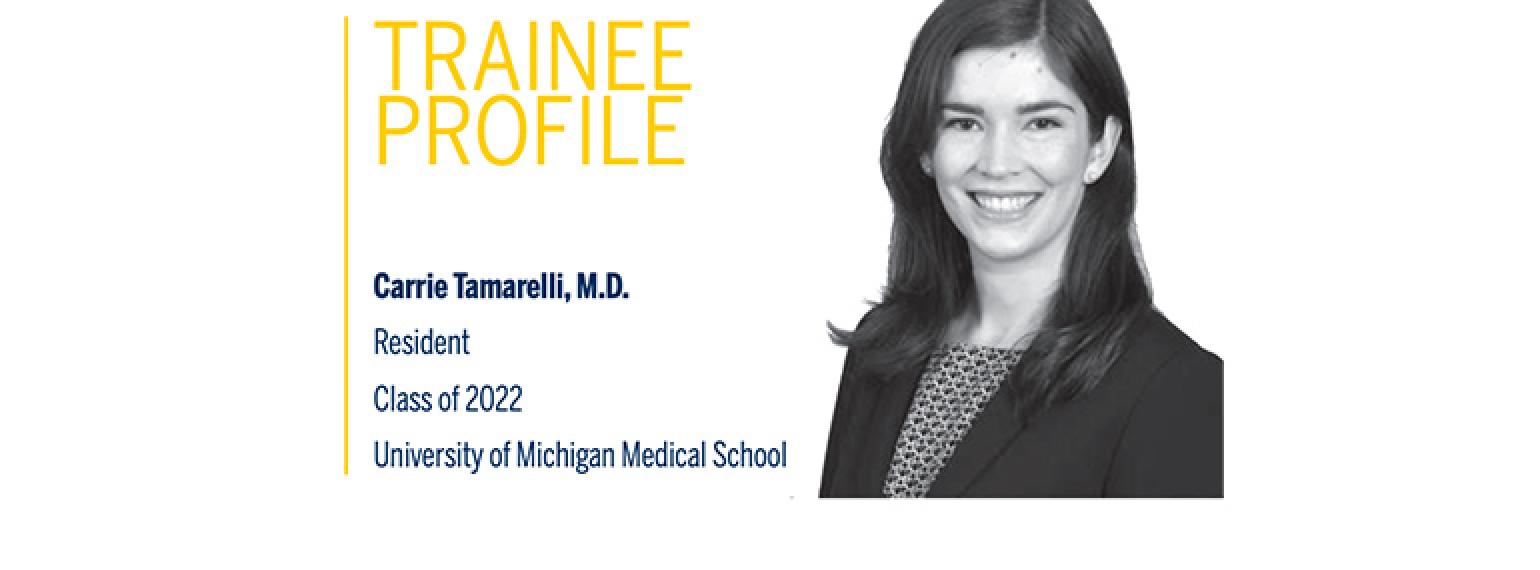


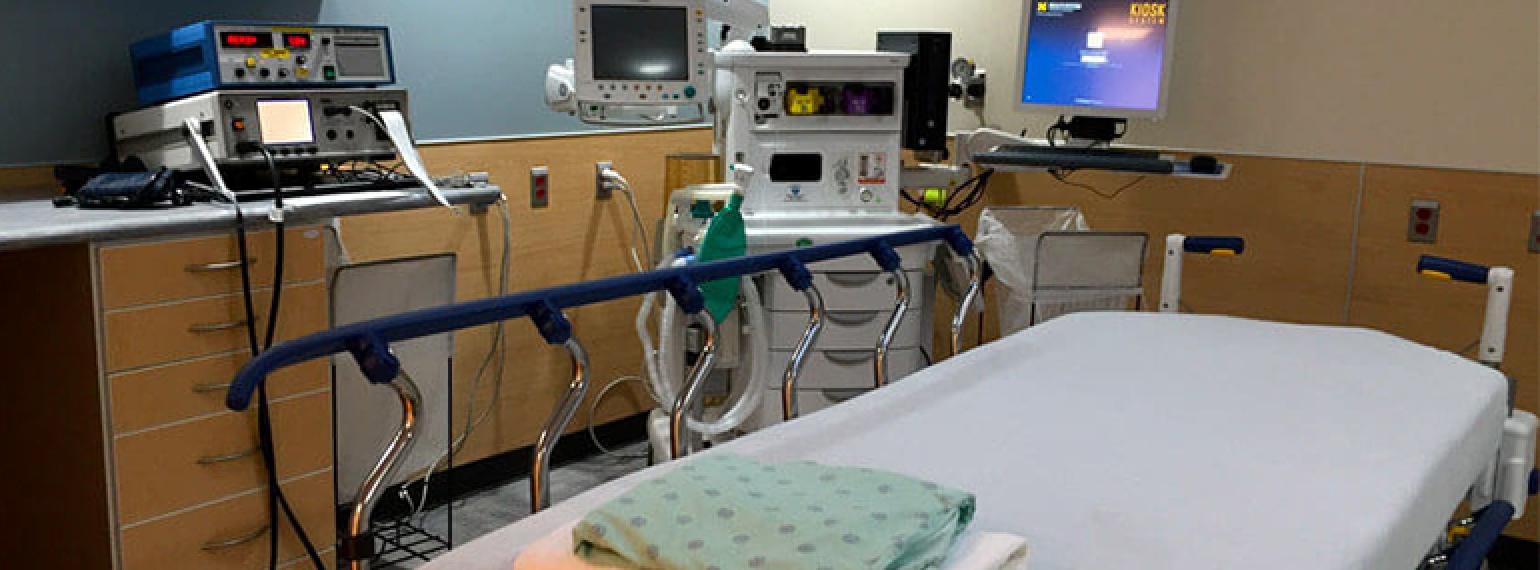


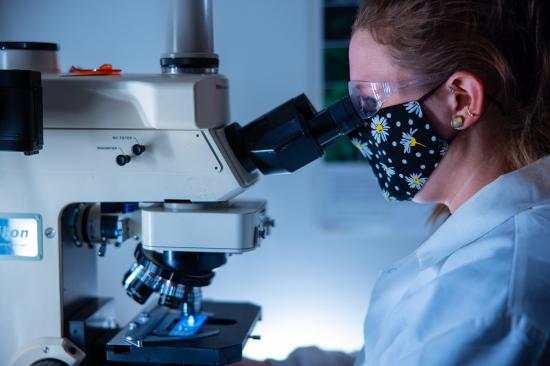

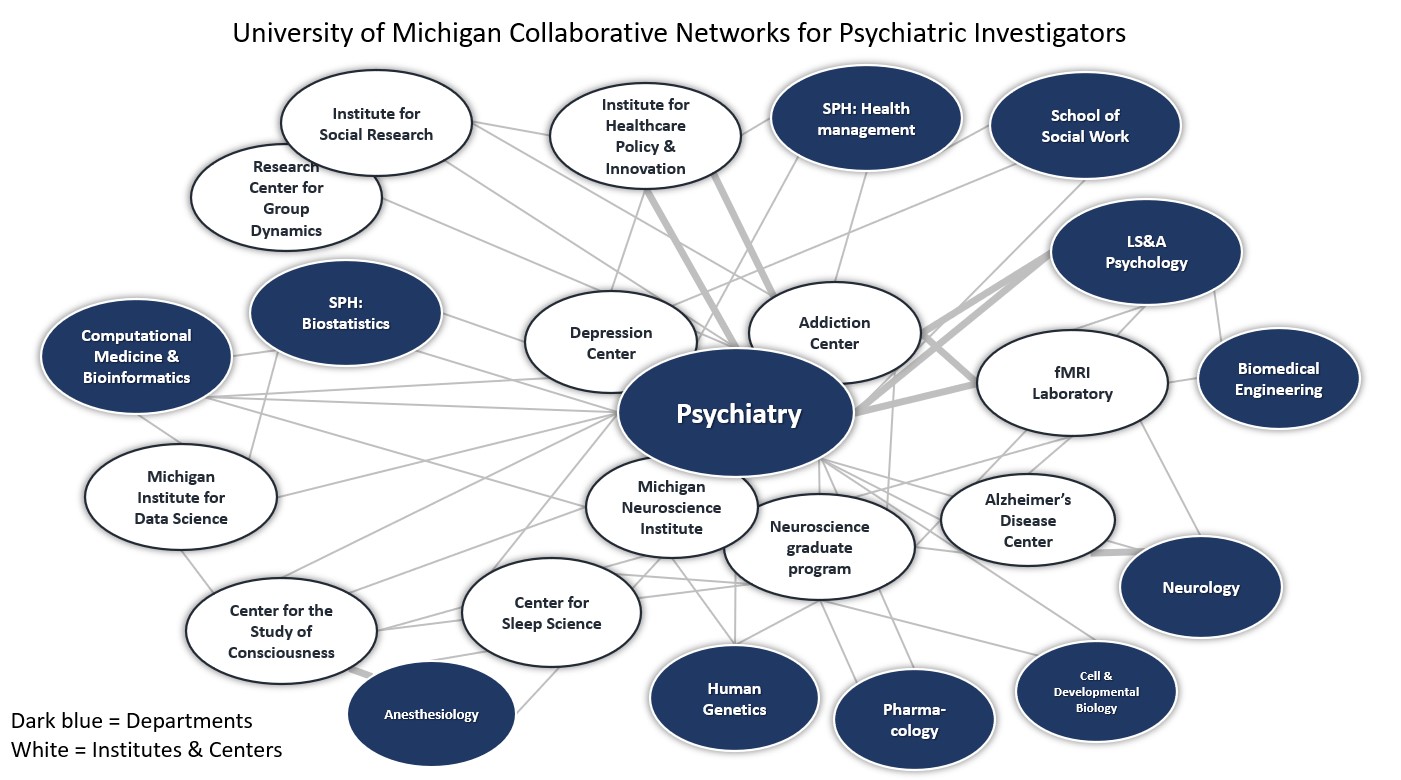
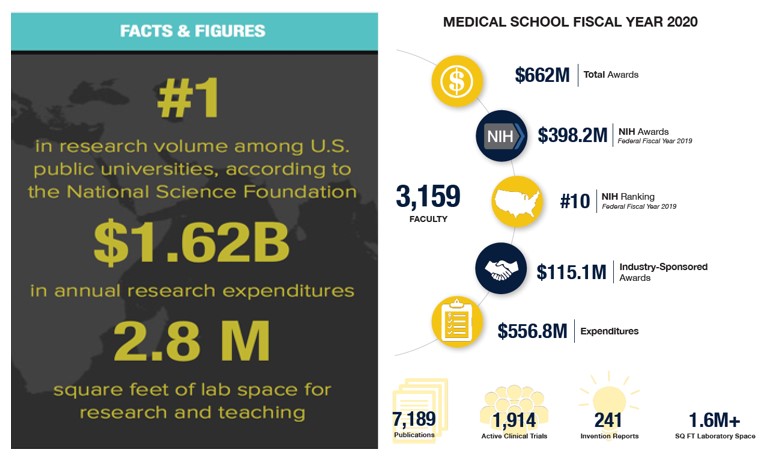 The Research Track trainee will also have multiple opportunities for learning, both formal and informal. A network of four post-doctoral training programs in clinical psychology, accredited by the American Psychological Association, runs in the department. The T32 training grants, in addition to including psychiatrists, also include psychologist fellows. Sharing didactics and lecture series with the post-doctoral fellows, the research track resident will become a part of a community of scholars with enhanced opportunity for shared learning and peer network building. The
The Research Track trainee will also have multiple opportunities for learning, both formal and informal. A network of four post-doctoral training programs in clinical psychology, accredited by the American Psychological Association, runs in the department. The T32 training grants, in addition to including psychiatrists, also include psychologist fellows. Sharing didactics and lecture series with the post-doctoral fellows, the research track resident will become a part of a community of scholars with enhanced opportunity for shared learning and peer network building. The 

